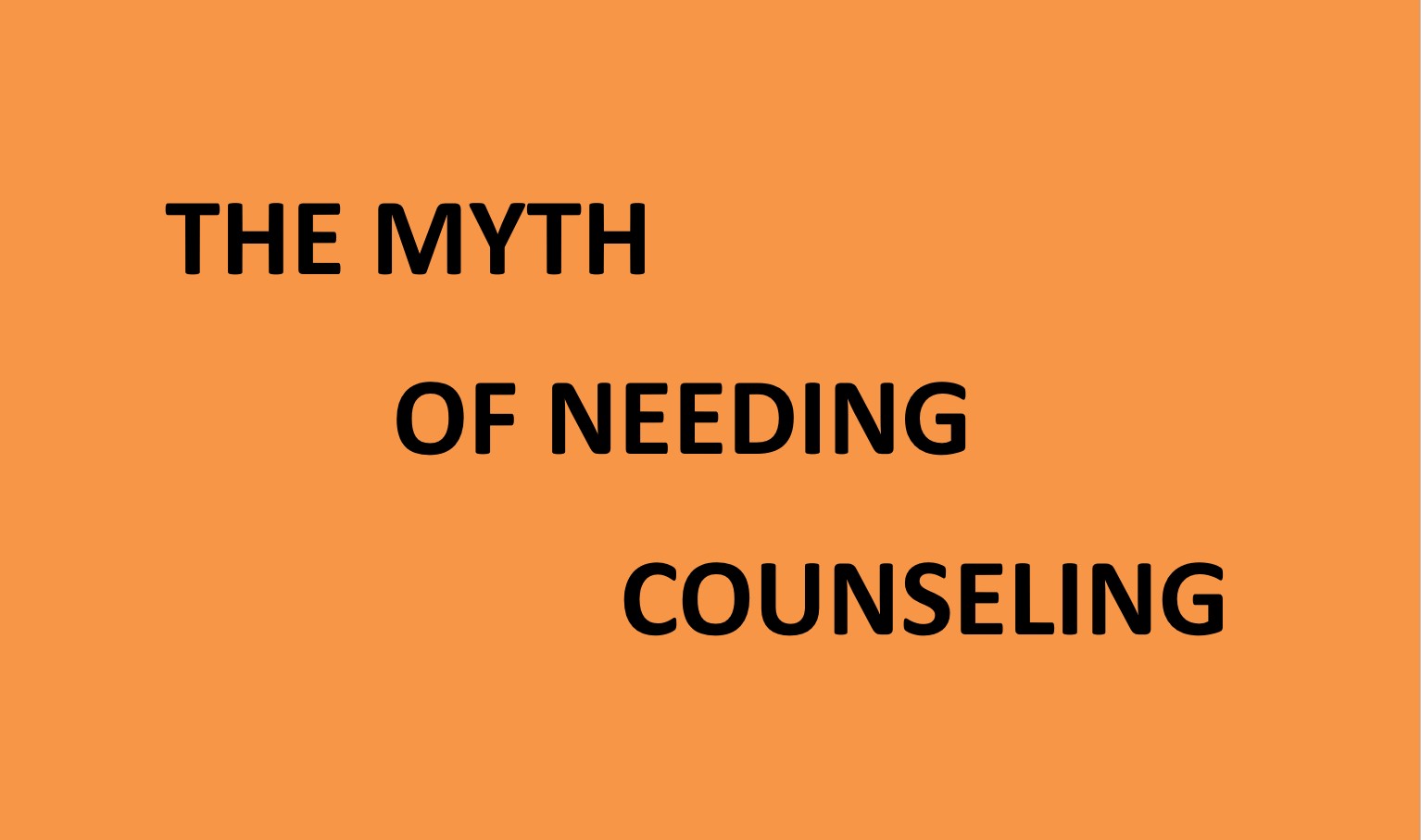
This week marked the fourth anniversary of switching my counseling practice from in-person to tele-therapy. This change was due to the threat posed by the COVID-19 pandemic. Beyond changing the way counseling is delivered, COVID-19 affected mental health in a variety of ways.
Multiple studies agree that COVID raised anxiety and depression levels in America and around the world. COVID-19 pandemic triggers a 25% increase in the prevalence of anxiety and depression worldwide (who. int)
Much of the mental distress came from supply shortages and emergency measures instituted to protect public health. As a consequence, these changes resulted in the loss of jobs and increased social isolation.
While working and learning remotely from home was necessary, the isolation created unexpected emotional and relational problems. Getting help to deal with these issues is further complicated by other persistent myths about mental health counseling:
The Over-Use of Therapy: A Mental Health Myth
As a result of the increased stress caused by COVID-19, more Americans than ever sought and continue to seek counseling. While most see this as a good thing, some don’t.
Recently, the Washington Post printed a column in its Well Being section entitled Everyone doesn’t need therapy. How to cope with stress, anxiety, and loneliness on your own – The Washington Post Although the author provided some good self-help resources, the article’s overall attitude was jarring.
To be clear, even though more people are seeking therapy, a stigma against mental health counseling still exists that suppresses a wider acceptance of it. Further, many folks suffer from a self-care deficit which prevents them from addressing their own mental health issues.
Indeed, the lack of self-care, when coupled with the COVID pandemic, contributes to America’s increased experience of stress, anxiety, and depression. Stating that not everyone needs therapy may be true but the context is misleading. Rather than suggesting that fewer people need therapy, the media should be more encouraging folks to get help.
Who “Needs” Therapy ?
I have a problem with the word “need” or medical necessity. The Washington Post article headline not so subtlely suggested that too many people were seeking therapy that they didn’t need. While it is appropriate to evaluate the medical needs of someone seeking bariatric surgery, mental health issues are different than surgical ones.
Using the term “need” for mental health suggests that one must meet a certain standard to qualify for counseling. In our times of hyper-stress, this is simply the wrong message to send.
This point of view is not limited to an occasional editorial. The notion of medical necessity is promoted by insurance companies for mental health counseling reimbursement. To quote from an insurance website regarding the medically necessary criteria : (treatment is)
“Not primarily for the convenience of the patient, health care provider, or other physicians ” Medical Necessity Definitions | Cigna Healthcare
Certainly, it’s unethical to prescribe unnecessary treatment but suggesting that clients ask for counseling for reasons of convenience is offensive and untrue.
Clinically, answering the very question if one’s concern is serious or not needs to be determined in the client’s conversation with a mental health professional. The suggestion that many should be able to handle most stress by listening to a podcast or meditating is harsh and lacks understanding of the anguish mental health problems can cause.
The notion of needing counseling also fits with the stigma that has plagued counseling for decades, i.e.getting counseling for less than extreme situations is a sign of weakness. A better and more supportive way to approach the idea of counseling is to ask oneself, could I benefit from it ?
The Right Time to Seek Therapy: Another Myth
Frankly, there is no one right time to see a therapist. Whenever you have a mental health question or want to talk things over with a therapist, that is the right time for you.
It is better to get reliable information from a qualified mental health practitioner than some of the less-than-reliable resources found on the internet. Likewise, seeking therapy is an important way to end the isolation of having to deal with life all by oneself.
By the way, making an appointment to talk with a therapist doesn’t have to be a big deal. Just because you talk to a therapist one time doesn’t necessarily require a long-term commitment. Mindfulness Psychotherapy | Pastoral Counseling Syracuse NY (revmichaelheath.com)
Talking things over with a therapist can provide you with valuable information and perspective that can help you decide what is best for you going forward. Rather than wondering if you need counseling, a better way to think about counseling is to ask yourself, could it help me ?
Let me say this very clearly: You don’t have to be really messed up to talk about your problems with a professional. In fact, therapists can be helpful with issues that are not psychological disorders at all.
Having painful questions and fears about things like the meaning of life, death and loss are human mysteries and not signs of mental illness. Sometimes, life is simply too much to deal with alone. Talking it over can help. Mindfulness Psychotherapy | Pastoral Counseling Syracuse NY (revmichaelheath.com)
Peace and Joy !
Rev. Michael Heath, LMHC, Fellow AAPC 3 17 2024


